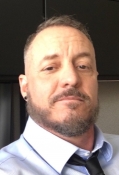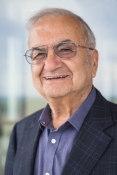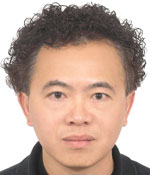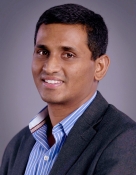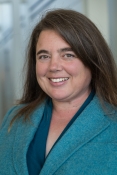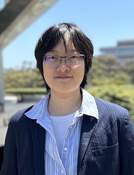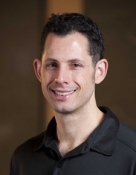
Professor Abatzoglou is interested in the hows and whys of climate and weather, and also the so whats. His lab's work spans many topics - from addressing questions on climate variability, to understanding climate impacts on natural resources, to developing climate datasets and tools.
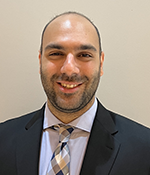
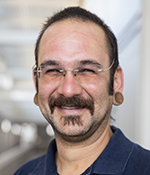
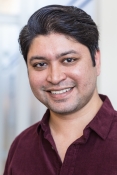
Lab Websites:
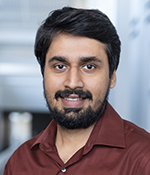
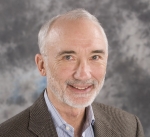
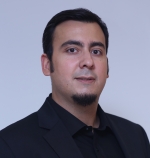
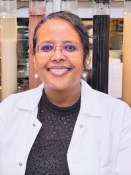
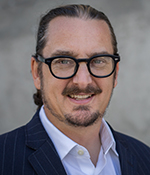
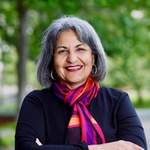
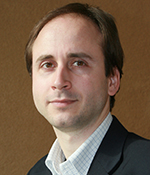
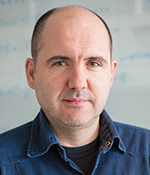
Professor Carreira-Perpiñán's basic research interests are in machine learning — the estimation of models and representations from data. Most recently, he has been working on topics in the intersection of optimization and machine learning, in particular in learning algorithms for deep neural nets and for nonlinear embeddings. Other topics of interest are dimensionality reduction/manifold learning, clustering, denoising and other unsupervised learning problems, and mean-shift algorithms. He often gets inspiration from problems in speech processing (e.g. articulatory inversion and model adaptation), computer vision (e.g. segmentation, articulated pose tracking, image registration), sensor networks, robotics (e.g. inverse kinematics) and other application areas. In the past, he has also worked on computational neuroscience, specifically on dimension reduction models of the maps of the visual cortex.
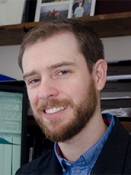
Professor Castro is interested in the capacity of attention under cognitive workload, particularly in the context of technology and multitasking. He focuses on the validity of reaction time and accuracy as measures of different aspects of workload, as well as quantifying the risk of adverse outcomes due to these workload metrics in driving. He employs advanced cognitive modeling techniques to examine the mechanisms of attentional capacity, multitasking, and performance.
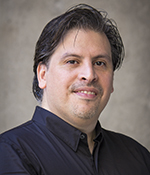
Professor Cerpa's broad interests lie broadly in the computer networking and distributed systems areas. His recent focus has been systems research in wireless sensor networks, with emphasis in wireless radio channel measurement and modeling, link quality estimation, routing algorithms, topology control, and programming models. Professor Cerpa is also interested in Internet protocols and operating systems issues. In the past, he has been involved in active networking, mobile IP, and protocol design and verification research.
His research group develops and deploys sensor networks that address some of the grand challenges in science and engineering, mostly in the energy, health and instruments for scientific discovery domains. Some of his projects include developing instruments for solar radiation mapping, energy and occupancy monitoring in smart buildings and exercise physiology monitoring and modeling.
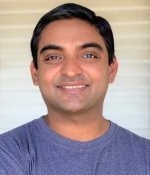
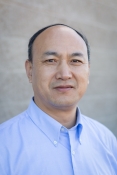
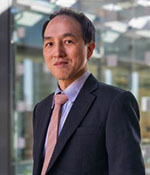

Professor Chin's studies have focused on the application of polymer physics, microfabrication and engineering principles to biological systems. The application of the theory and tools from engineering in his work has initiated many innovative and productive research projects. These studies have brought us a better understanding of natural phenomena from the unique perspective of engineering. Professor Chin's current research plans include:
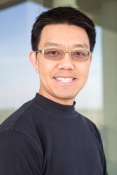


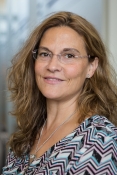
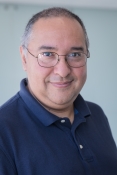
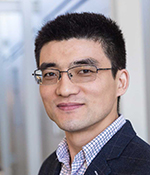
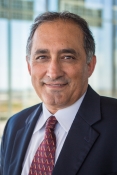
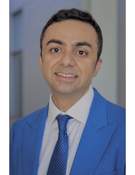
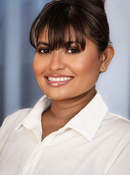
MicroRNAs (miRNAs) are endogenous small RNAs of 21–22 nucleotides with a significant role in gene regulation. They base-pair with the 3’UTR of a targeted mRNA whilst in association with Argonaute, the effector protein of the miRNA mediated silencing complex (miRISC), and causes translation repression and/or degradation. We are interested in understanding the fundamental properties of cell intrinsic miRNA and extracellular miRNA that are found in cell free body fluids and their contribution to viral infections, disease pathologies, disease diagnosis and treatment.
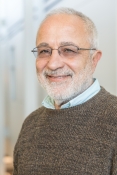
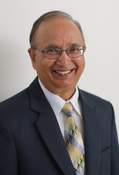
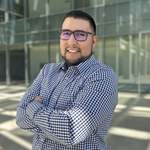

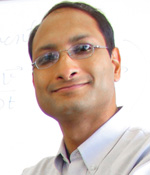
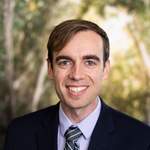
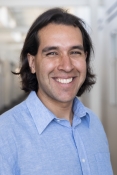
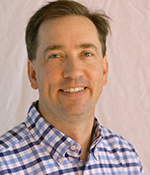
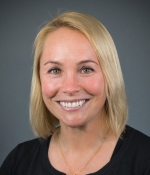
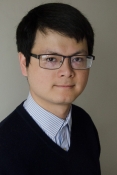
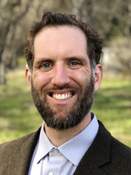
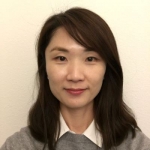
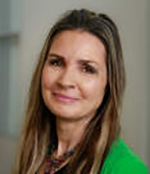
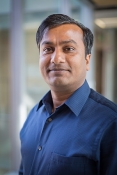
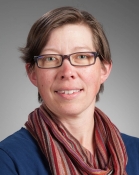
Professor Kolden's research focuses on characterizing and understanding wildfire intersections with the human-environment system through geospatial, temporal, and mixed-methods approaches.
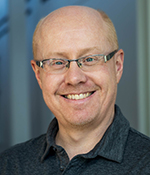
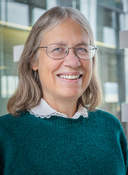
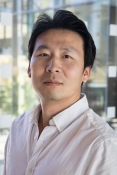

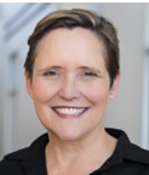
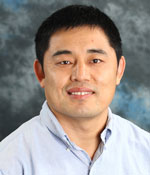
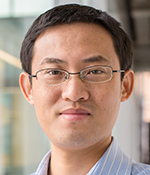
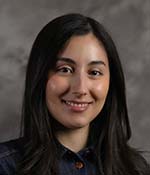

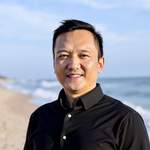
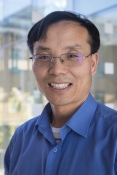
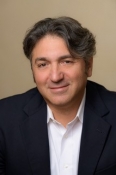
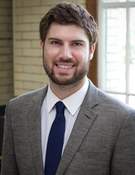
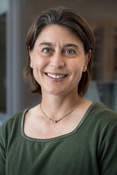
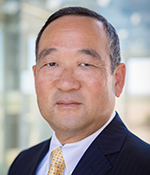

Entrepreneurship theory with elements of cognitive science and philosophy

Tissue engineering is a sub/cross discipline that focuses on the design, development and maintenance of tissue products that are used for repairing, improving or restoring tissue function. This field is still in its infancy, and many problems and challenges exist that have yet to be overcome before safe, high-quality engineered tissue products are available in the marketplace. Therefore, my research focuses on:
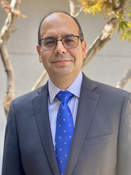
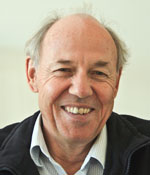
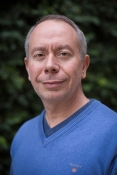
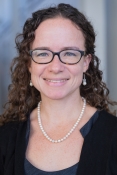
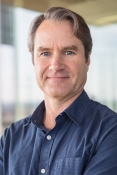
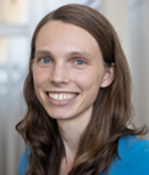
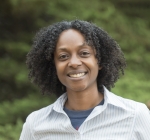
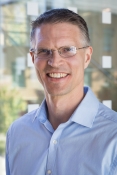
Thermal and electrokinetic transport processes with applications in:
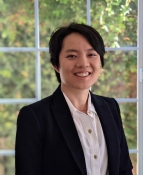
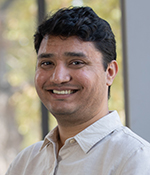
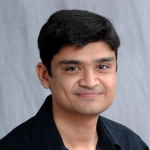
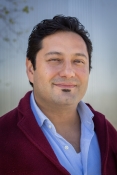
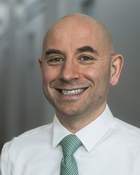
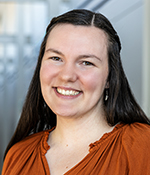
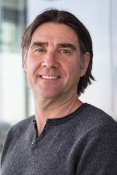
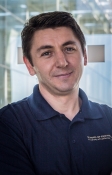
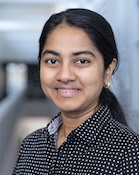
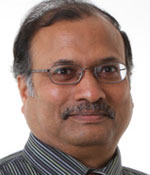
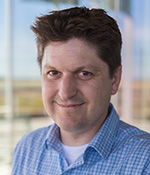
Professor Spencer seeks to to develop novel optical imaging and sensing systems for applications in tissue regeneration, transplantation, and cancer.
Current Research Topics:
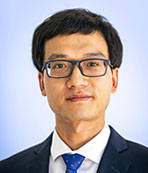

Professor Subramaniam seeks to understand the fundamental physicochemical mechanisms that govern the assembly and function of biomembranes. His lab group combines experimental tools from soft matter physics, chemistry, and molecular biology to tackle cutting-edge challenges in biomembrane engineering and bottom-up synthetic biology.
Current Research Topics:
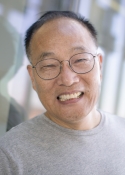
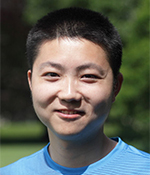
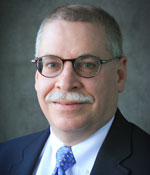
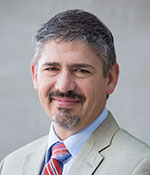

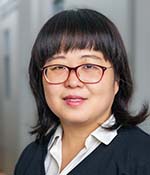
Assistant Professor
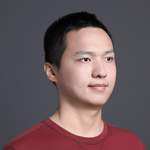
Social Media

